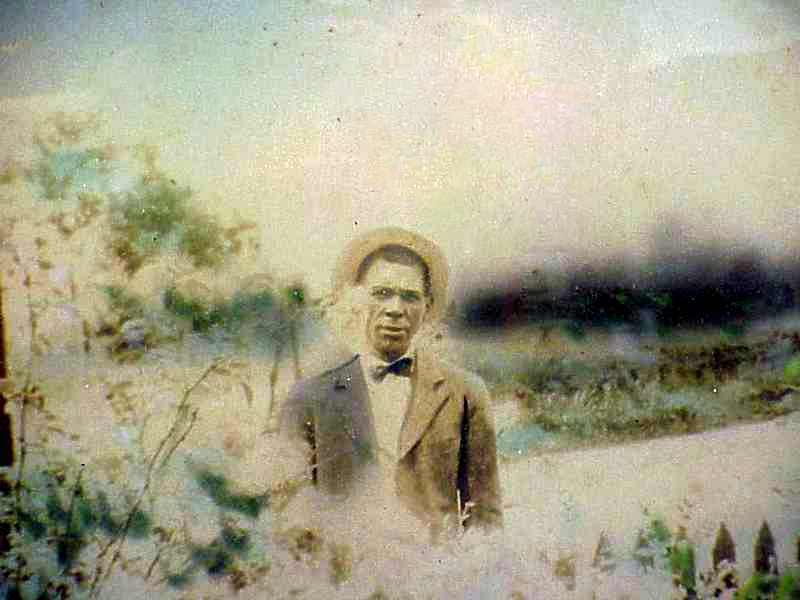Slavery During the Civil War
by Lisa Dorward
With information and excerpts from “A Dream Deferred: African Americans at Emory and Oxford Colleges, 1836 – 1968, Full Exhibition Text.” Developed by Dr. Mark Auslander and his students, Kaycee Hilson, Lydia Maestra, Keith McGill, James Steele, and Justin White, in “Cultures of the Africa Diaspora” (Antrhopology 385R). Fall 2000, Oxford College of Emory University. Used by Permission.
During the Civil War, most of Oxford’s African American residents remained enslaved. A number of slaves were required to join their masters in service to the Confederate military. Arthur, a slave of the Branhams, accompanied his master, Edward Branham in the 42nd Georgia Regiment and, on at least one occasion, threw his body over Edward to protect him from enemy fire.
Laurence, a young slave of Iverson Graves, who was a Trustee and early benefactor of Emory College, served with Iverson’s son Henry Graves. Henry, an Emory College student, served with the Confederate Marines. On December 28, 1864, Henry wrote home to his mother about Laurence who had served with him in battle:
Of Laurence and his conduct I cannot speak too highly. He is a brave boy and is very faithful. He was with me in the trenches and exposed along with me constantly to a hot, sometimes a terrific, fire from the enemy batteries and sharpshooters and his indifference to danger and coolness often put to the blush some of the reserve troops who were around us. I got a rifle for him and he shot many times at the Yankees, who were at times not over 700 yards from us. I was really quite proud of him. He is here and very well. Send his love to his mother and father.
Some former enslaved men from Oxford served on the Union side as well. Isaac Stone, Caesar, and Frank, who had all been slaves of G. W. W. Stone, are said to have joined the Union Army in late 1864. Of these three, only Isaac Stone returned to Newton County.
Laurence, a young slave of Iverson Graves, who was a Trustee and early benefactor of Emory College, served with Iverson’s son Henry Graves. Henry, an Emory College student, served with the Confederate Marines. On December 28, 1864, Henry wrote home to his mother about Laurence who had served with him in battle:
Of Laurence and his conduct I cannot speak too highly. He is a brave boy and is very faithful. He was with me in the trenches and exposed along with me constantly to a hot, sometimes a terrific, fire from the enemy batteries and sharpshooters and his indifference to danger and coolness often put to the blush some of the reserve troops who were around us. I got a rifle for him and he shot many times at the Yankees, who were at times not over 700 yards from us. I was really quite proud of him. He is here and very well. Send his love to his mother and father.
Some former enslaved men from Oxford served on the Union side as well. Isaac Stone, Caesar, and Frank, who had all been slaves of G. W. W. Stone, are said to have joined the Union Army in late 1864. Of these three, only Isaac Stone returned to Newton County.
